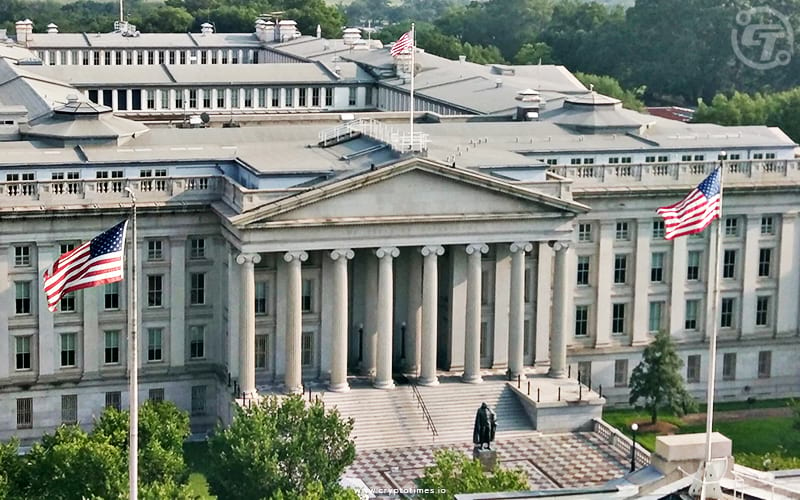In Brief:
- The U.S. Treasury sanctioned two ransomware operators and a virtual currency exchange
- The sanctioned ransomware operators are Chatex, a crypto exchange, and Seux, an OTC exchange.
- Chatex has been blacklisted along with three other entities for facilitating transactions to Seux, which was sanctioned in September over the same issue.
The OFAC (Office of Foreign Assets Control) sanctioned two ransomware operators and a virtual currency exchange network for the Kaseya incident and laundering cyber ransoms.
The sanctioned ransomware operators include Chatex, a crypto exchange, which was allegedly involved in facilitating transactions for several ransomware variants and provided material support to crypto over-the-counter exchange Suex. Suex, an OTC exchange, was previously linked to ransomware activity and was sanctioned by the Treasury Department in September.
The Treasury’s Office of Foreign Asset Control (OFAC) added Chatex to its blacklist along with three other entities: Izibits OU, Chatextech SIA, and Highgrade Finance Ltd.
This blacklist consists of Specially Designated Nationals and Blocked Persons List (SDN).
The list covers individuals working for governments involved in illegal activities like terrorism or drug trafficking. Being on the list means all property and interests in property of the specified targets that are subject to US jurisdiction will be blocked by these sanctions. Additionally, any entities 50 percent or more owned by one or more designated persons are also blocked. Along with that, financial institutions if found involved in certain transactions or activities with the sanctioned entities and individuals would also be sanctioned or be subjected to enforcement actions.
The U.S. Department of the treasury today declared a set of strict actions on criminal ransomware actors and virtual currency exchanges involved in laundering ransoms. In addition to that, the Treasury has also advanced its action to disrupt ransomware infrastructure and address abuse of the virtual currency ecosystem responsible for laundering ransom payments.
Wally Adeyemo, Deputy Secretary of the Treasury, also commented on the issue stating that Ransomware groups and criminal organizations have long been targeting American businesses and public institutions of all sizes sparing no sectors, seeking to weaken the backbone of our economy. He further added that the Treasury will continue to prevent future threats to the economy of the United States. This is the top priority of the Biden Administration.
Last month, Biden announced the proclamation of October 2021 as Cybersecurity Awareness Month. The step has been taken to counter ransomware and international cybercrime.
Ransomware incidents have disturbed the flow of critical services and businesses globally including schools, offices, hospitals, food companies, transportation, and emergency services. According to recent reports, ransomware payments in the United States have crossed over $590 million in the first half of 2021, compared to $416 million in 2020.
The culprits behind these ransomware attacks seek to harm the United States and extort citizens and allies. The ransomware actors responsible for such illegal activities are assumed to be those who provide financial services to facilitate money laundering.
Most of the virtual currency activities are legal, still, virtual currency remains the primary source for ransomware payments. Furthermore, certain unethical virtual currency exchanges top the ransomware ecosystem. The U.S. urges the international community to implement international standards to prevent money laundering and financing terrorism in the virtual currency sector, especially regarding virtual currency exchanges.
This year. The U.S. government took various steps to help victims of ransomware by launching a One-Stop Ransomware resource at StopRansomware.gov. The aim was to serve this platform as a collection of information and resources to help report the ransomware incidents on time.






